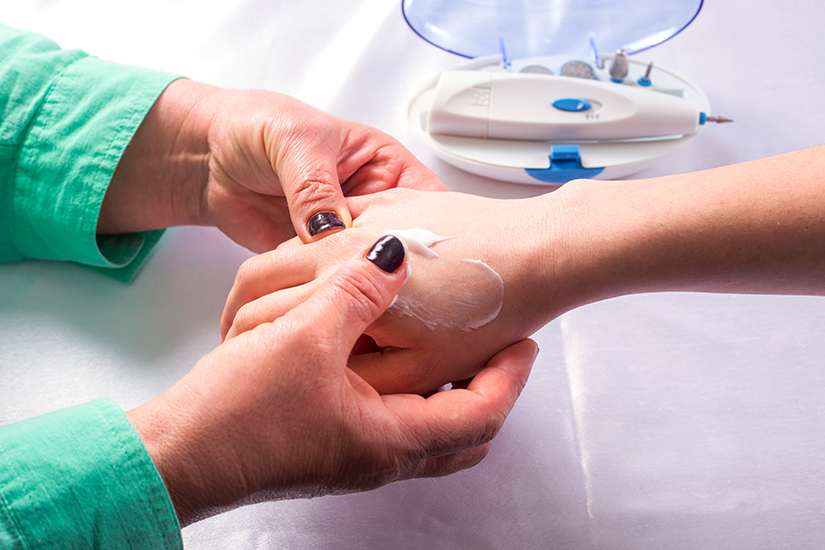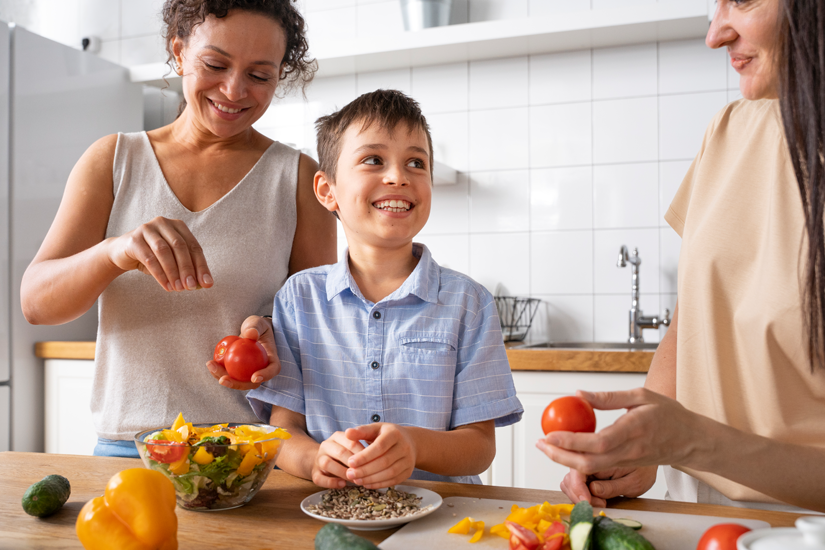- Emergency Ambulance Services
- 8606811111
- 0471-4077777, 0471-7177888
- gro@sutpattom.com
World Pneumonia Day – November 12th
Dr. Sofia Salim Malik, Senior Consultant Pulmonologist, Allergy, Immunology & Sleep Consultant, SUT Hospital, Pattom
This day provides an annual forum for the world in the fight against pneumonia. World’s first pneumonia day was conducted on 12th November 2009. This event helps to raise awareness and to advocate global action against pneumonia. Pneumonia affects people of all age groups, but carries more mortality and morbidity when it affects children and older people and socio economically backward people, hence death due to Pneumonia is high in Sub Sahara, Africa and Asian countries.
What is Pneumonia?
Pneumonia is a form of respiratory infection that affects the lungs. The lungs become filled with pus and fluid, once it is infected making breathing difficult and oxygen intake less. Pneumonia is a single largest infectious disease which causes death in children worldwide.
We are all aware of Covid pneumonia and how it affected thousands of people worldwide causing shortage of oxygen supplies and wide spread death during the Delta variant Covid time.
Causes of Pneumonia
Pneumonia can be caused by micro-organisms like viruses, bacteria or fungi. Bacterial pneumonia are common and the etiological (causative) organism is Streptococci / Haemophilus influenza viral pneumonia are due to Influenza and Respiratory syncytial virus.
How it spreads?
Most commonly seen is airborne / droplet spread, that is by inhalation of the infective organism. It spreads once the infected person cough or sneeze. It can also spread through blood especially from the pregnant mother to the baby.
Symptoms of Pneumonia
Symptoms of all pneumonia are similar; it is usually fever, cough, and shortness of breath, wheeze and fast breathing. In severely ill patients especially in infants and elderly it can present as hypothermic altered behaviour or convulsions.
Risk factors for pneumonia
People with impaired natural defence mechanisms as in children and elderly, malnourished individuals, those with pre-existing illness such as uncontrolled diabetes mellitus, HIV, Renal and hepatic disease and those on immune suppressants like patient taking chemotherapy or post transplant states. Environmental factors like pollution, living in crowded areas like slums and social factors like smoking and drug abuse.
Treatment
Treatment is with antibiotics, antacids and antifungal depending on the cause, control of symptoms like fever, cough and breathing difficulty with appropriate medications, ventilator support if patient cannot breathe in severe cases, along with adequate fluids and nutritional support.
Prevention
Childhood immunisation against communicable disease, exclusive breast feeding of infants helps to prevent pneumonia. Addressing environmental factors like pollutions, encouraging good hygiene practices, advocacy against smoking and drugs and vaccination of high risk adults with influenza and pneumococcal vaccines help to prevent pneumonia. Raising awareness about this disease will help to a large extend in prevention and early treatment of infected individuals as pneumonia is curable if treated adequately with appropriate drugs.
So let’s all join hands in raising awareness about pneumonia, so that millions of lives can be saved. This helps to overcome the adverse situation which is mentioned in the theme of this Pneumonia day ‘the combined effects of the Covid-19 pandemic, climate change and conflict is fuelling a pneumonia crisis across the life course, placing millions more at risk of infection and death’.









